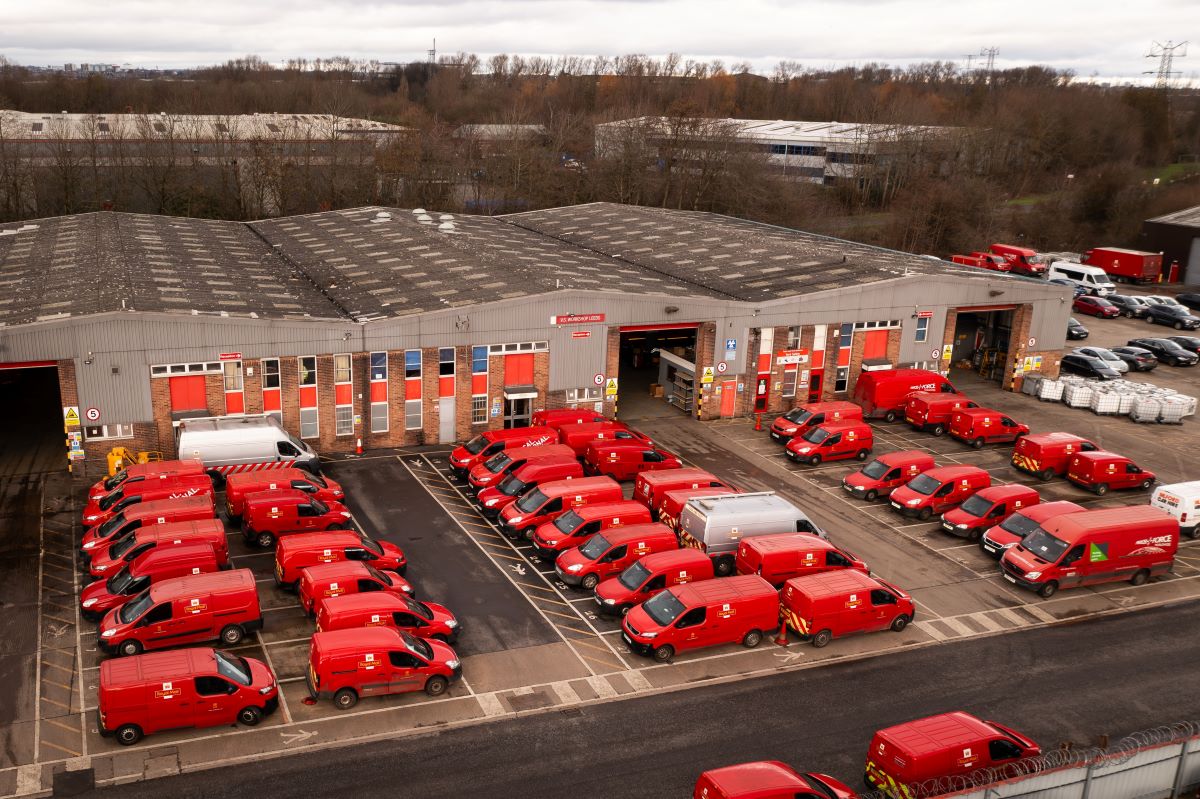For decades, the UK has sold off essential public services to private companies. The result? Higher costs, poorer service, and a lack of control over things that impact our everyday lives. So, was it really worth it?
1. Railways: Expensive and Unreliable
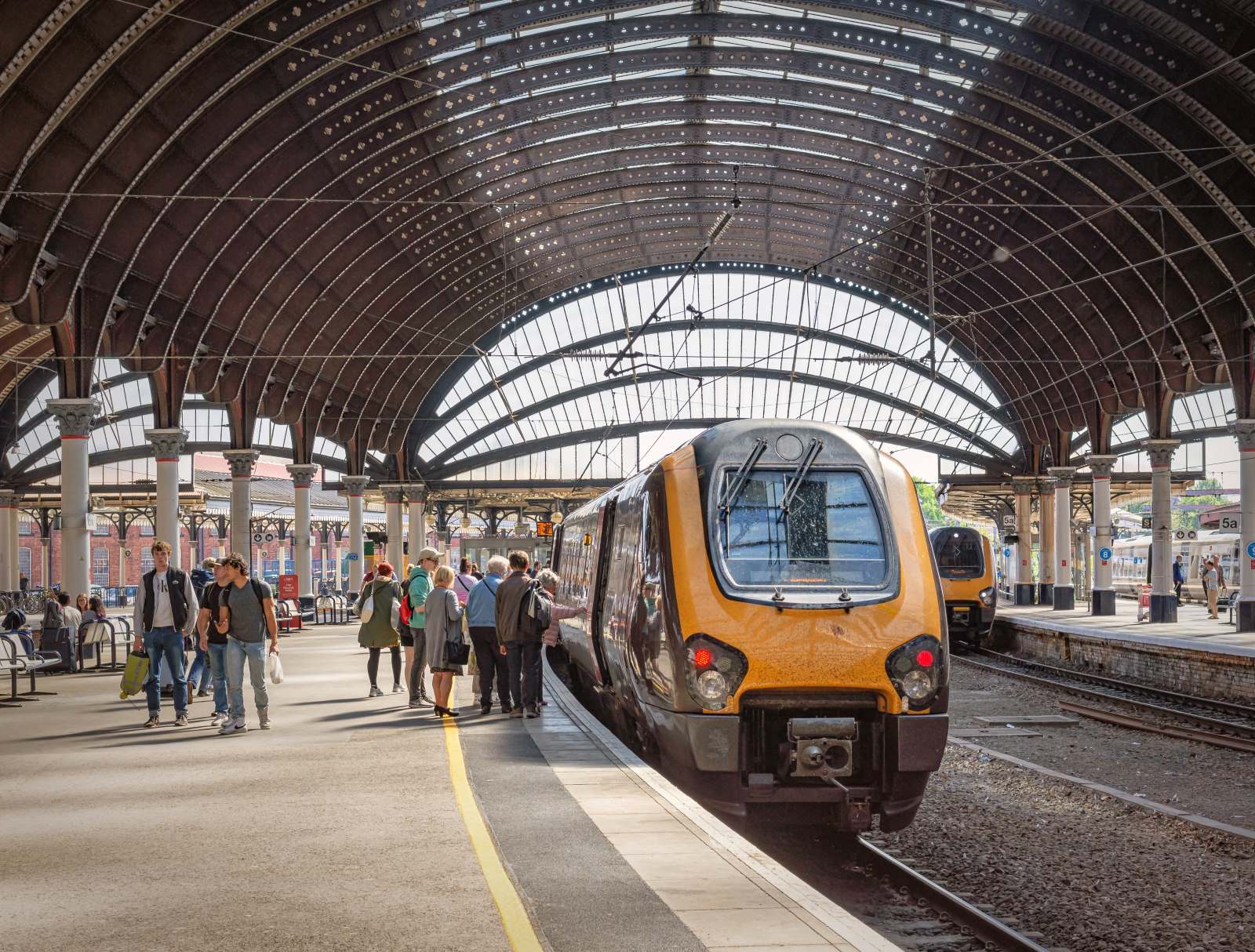
If you’re a regular train user, you’ve likely felt the pain of privatisation. UK rail fares are the highest in Europe, with season tickets costing up to five times more than in countries like Germany and France. On top of that, delays and cancellations are common. The government still spends billions on subsidies, effectively paying private companies to run a service that isn’t working for passengers.
2. Water: Soaring Bills and Poor Service
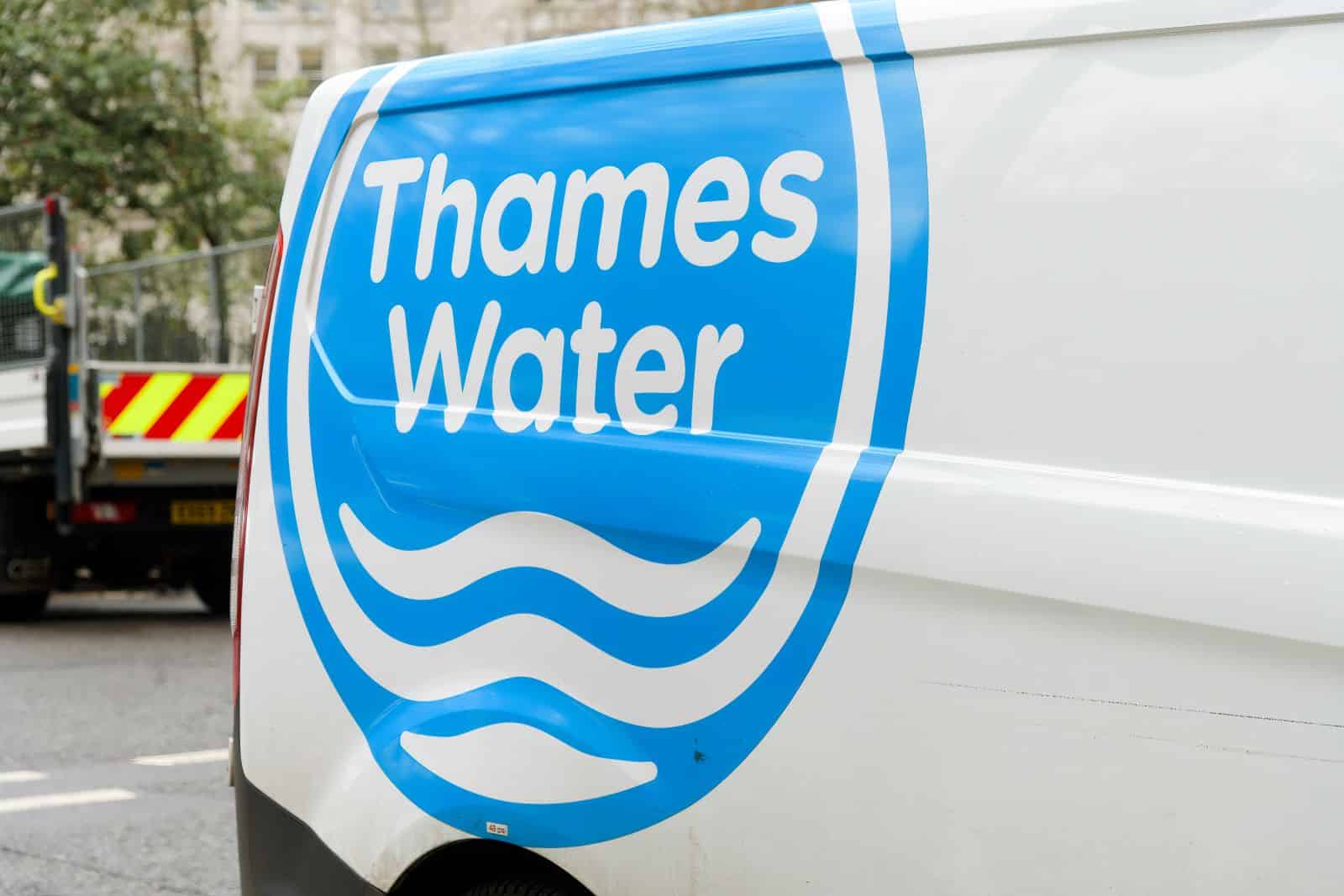
Since England’s water companies were privatised in 1989, bills have increased by 40% in real terms. Meanwhile, leakage levels remain high, and water quality issues persist. In contrast, Scotland, where water remains publicly owned, has lower bills and better service. English water companies have prioritised paying dividends—over £57 billion to shareholders since privatisation—while neglecting necessary infrastructure improvements.
3. Energy: Sky-High Bills
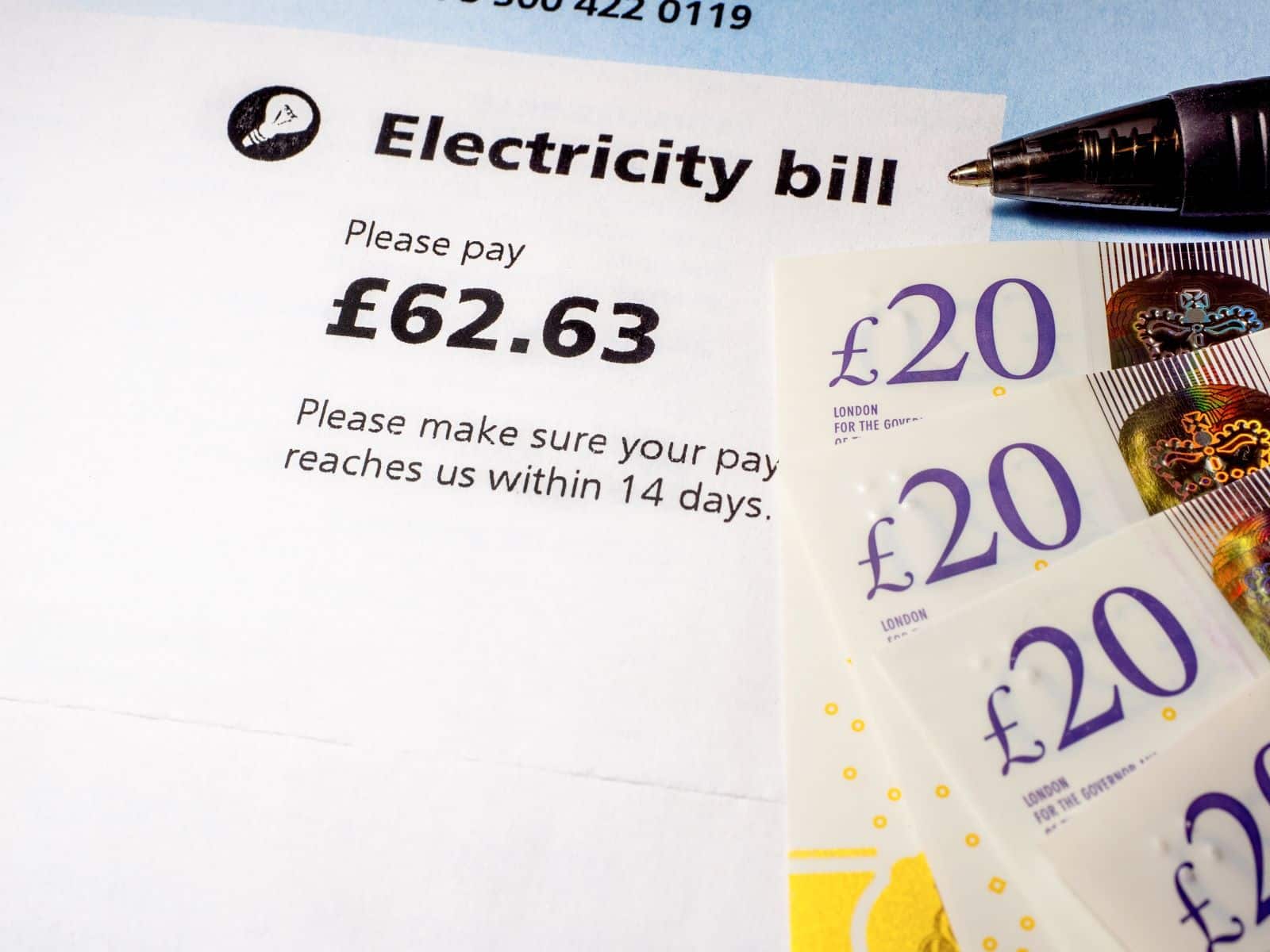
Britain’s energy market was supposed to benefit from competition, but for many of us, it feels like anything but. Energy bills have skyrocketed, with the average household paying over £2,500 a year in 2023. Meanwhile, France, with its state-owned EDF, has managed to keep energy prices more stable for its citizens. The UK’s energy privatisation has left households vulnerable to price hikes driven by profit-hungry companies.
4. Baggage Handlers: Chaos at Airports
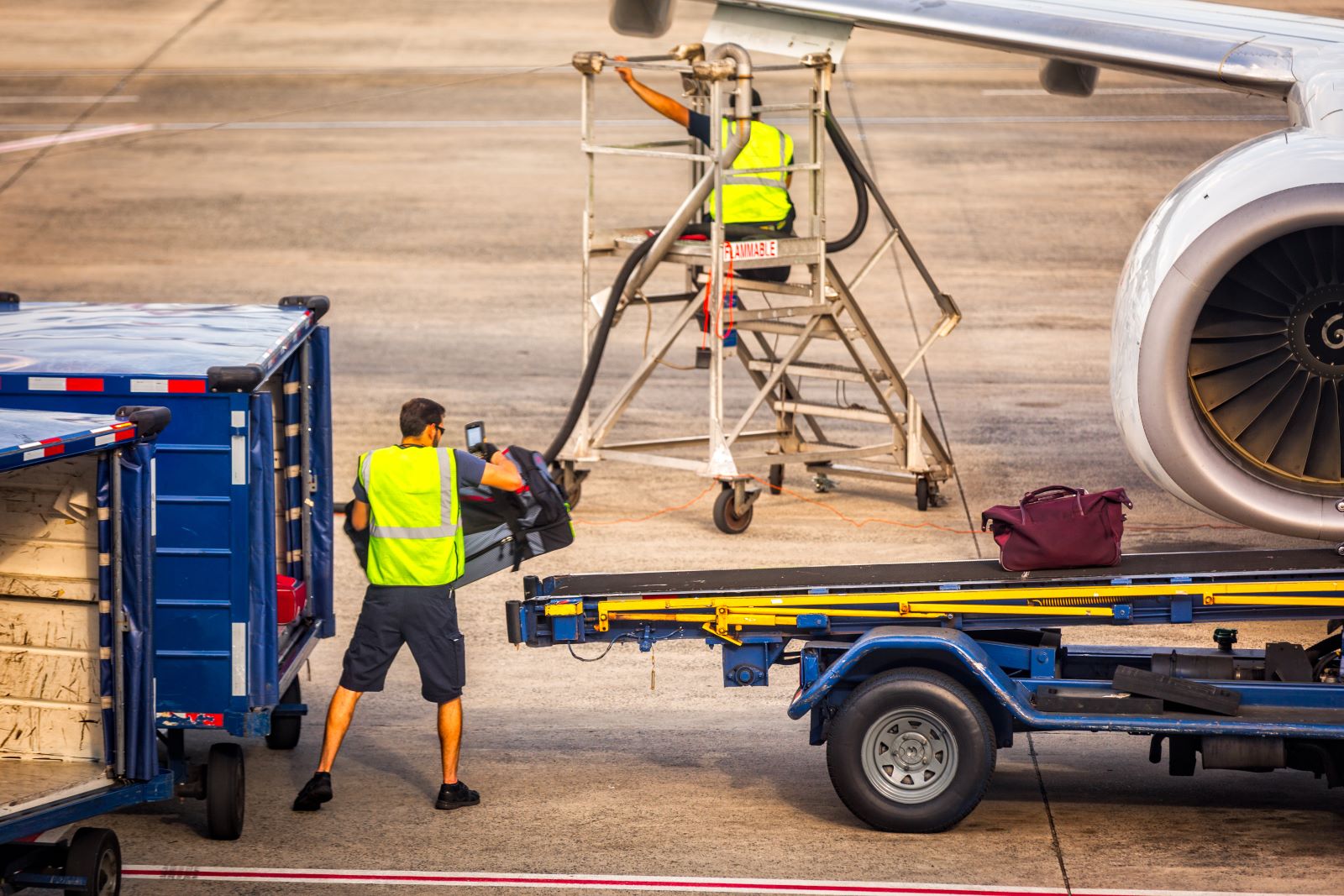
You can blame privatisation if you’ve ever faced long waits or lost luggage at a UK airport. Baggage-handling services were sold to private contractors, leading to understaffing and inefficiencies. In 2022, airports across the country faced major disruptions due to these issues. Countries like Germany, where airport services are state-run, have managed to avoid these problems.
5. Royal Mail: Higher Prices, Worse Service
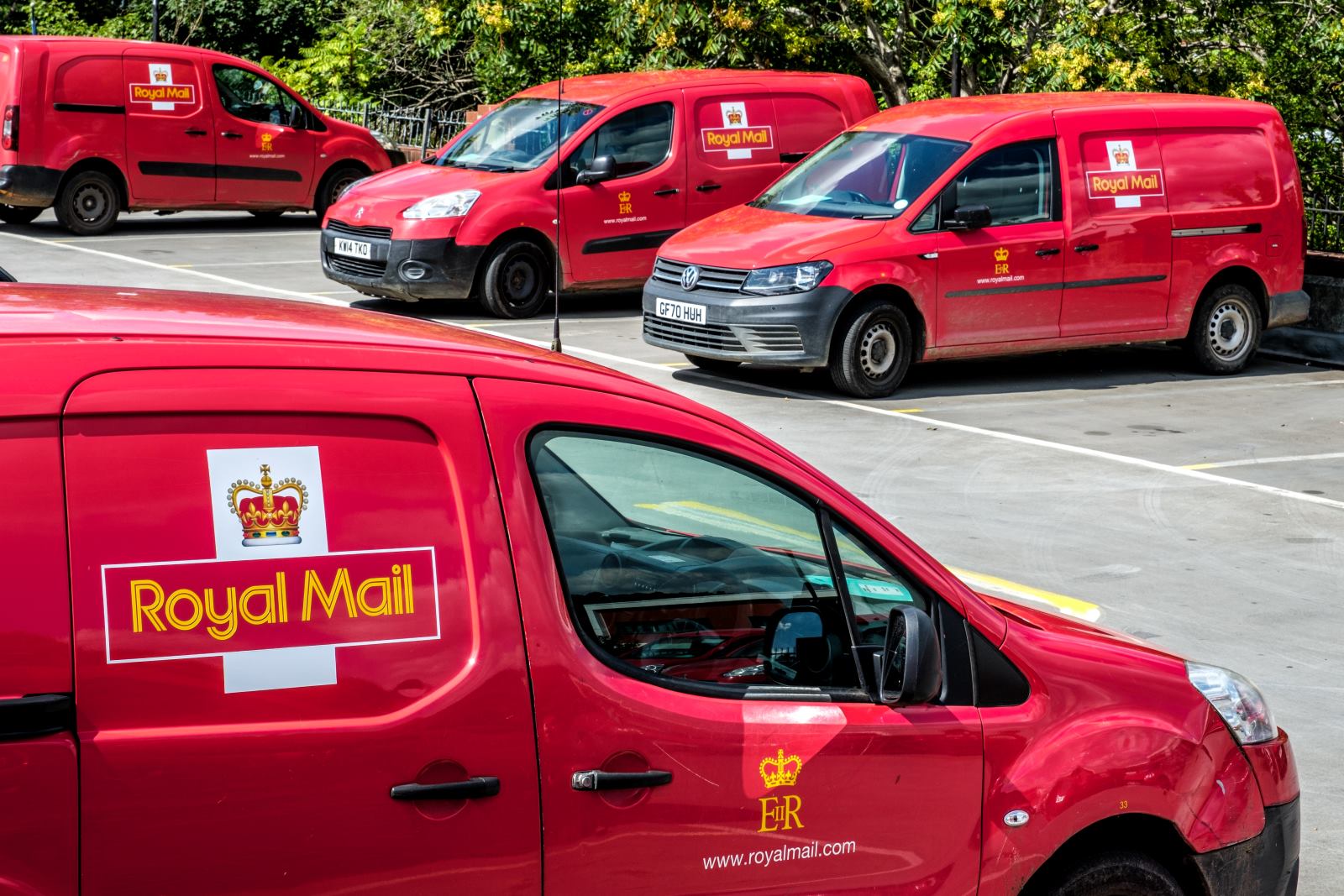
Since Royal Mail was privatised in 2013, the cost of sending a letter has jumped by more than 60%, while service quality has dropped. In countries like France, where the postal service remains public, prices have stayed more affordable, and service is more reliable. Royal Mail’s focus on profits has come at the expense of the public.
6. Housing: A Crisis Worsened by Selling Public Land

The UK’s decision to sell off public land has deepened the housing crisis. Over £9 billion worth of public land has been sold in the past decade, mostly to private developers who build luxury apartments rather than affordable homes. Countries like Germany and the Netherlands have kept more public land, allowing them to build affordable housing and keep rents lower for residents.
7. Airports: Privatised, Prices Up
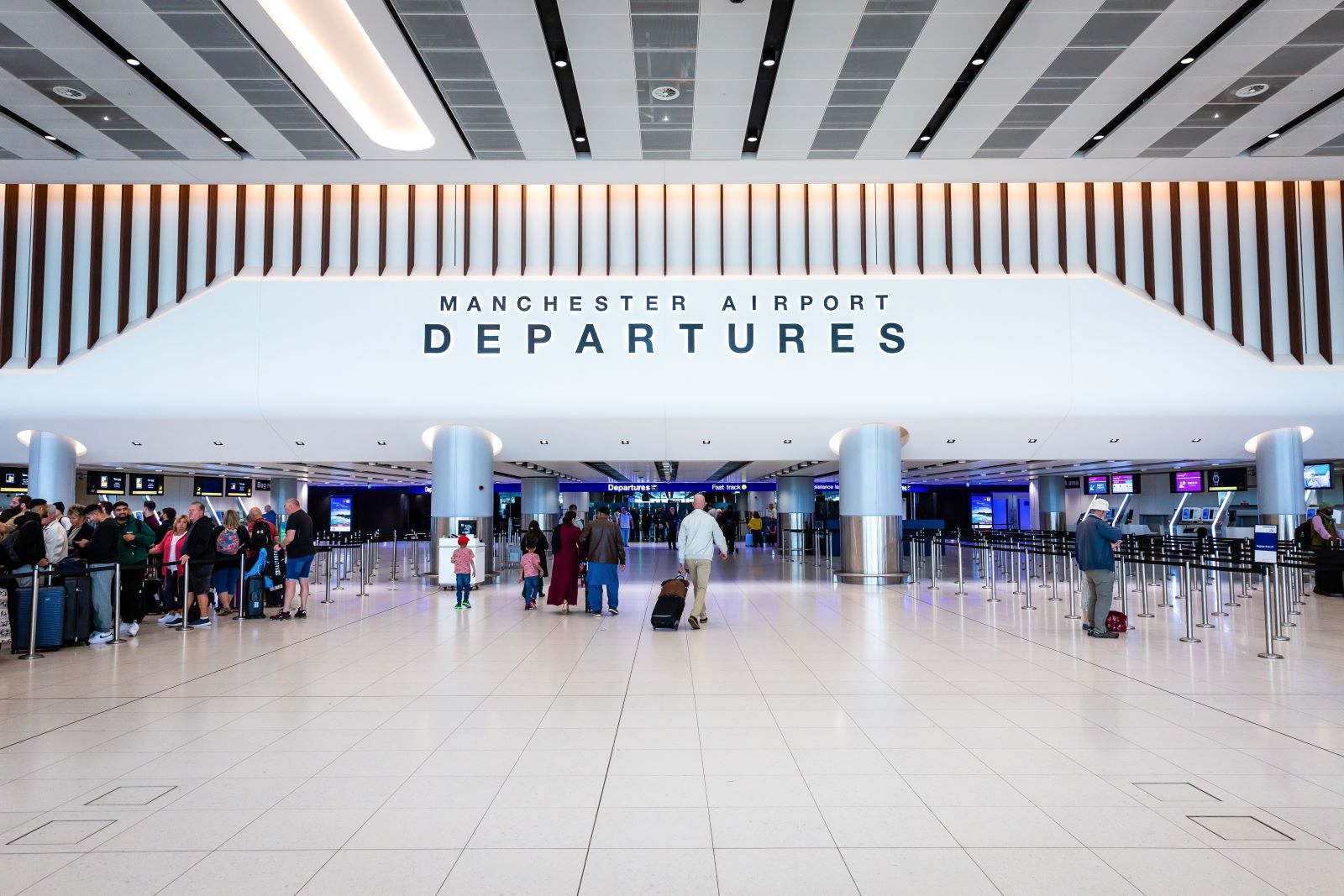
Heathrow and other major UK airports were sold off to private investors, leading to higher fees for passengers and airlines alike. While the UK grapples with higher costs and underinvestment, publicly owned airports in places like Zurich have kept prices fair and invested in better infrastructure.
8. NHS Services: Outsourcing Gone Wrong
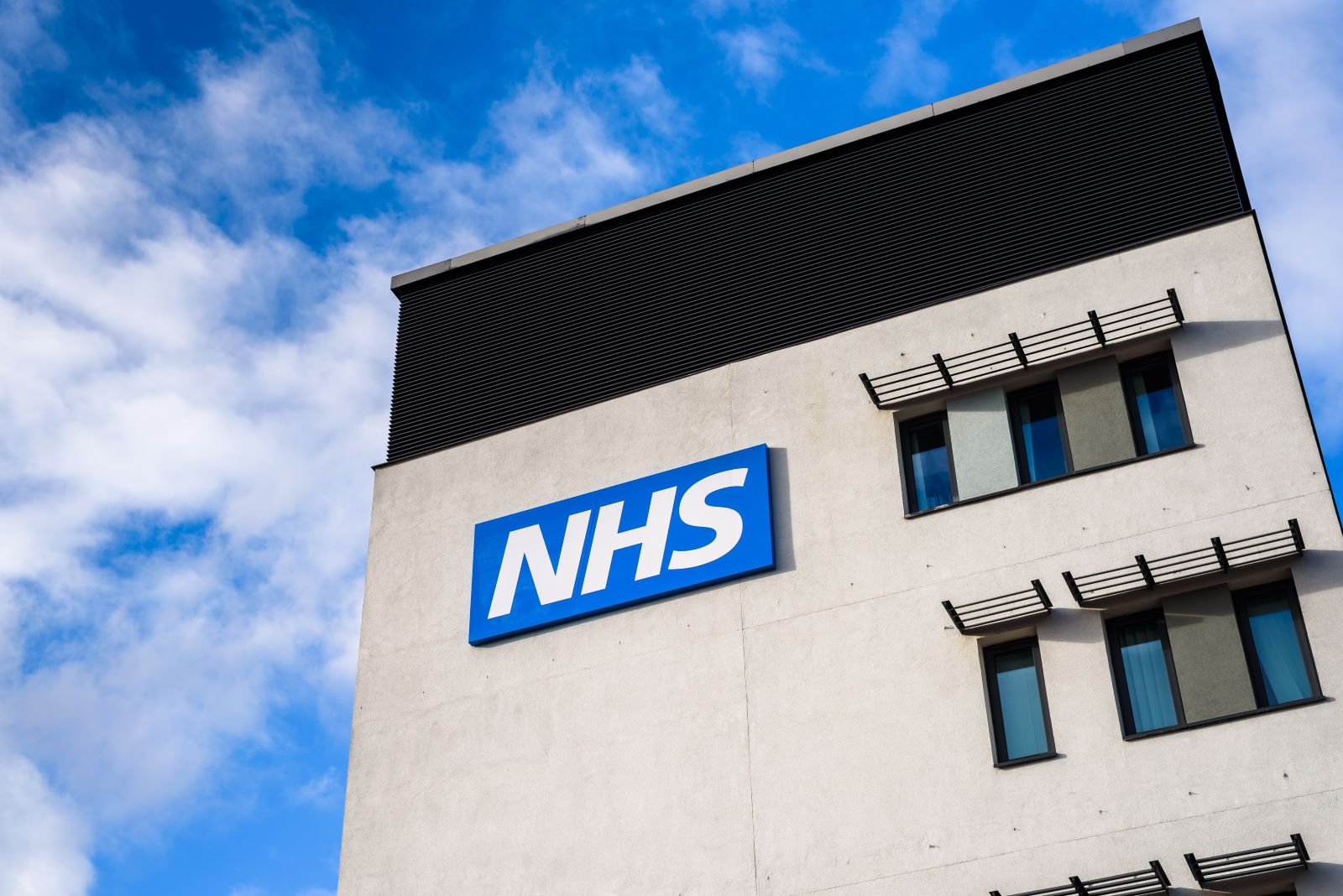
Privatisation within the NHS has resulted in higher costs and worse outcomes. A 2023 report by the British Medical Association found that services like diagnostics and elective surgeries performed by private contractors are often more expensive and less effective than when done in-house. The NHS was meant to deliver care, not profits, but outsourcing has made patient care secondary to private interests.
9. Prisons: Safety and Rehabilitation Suffer
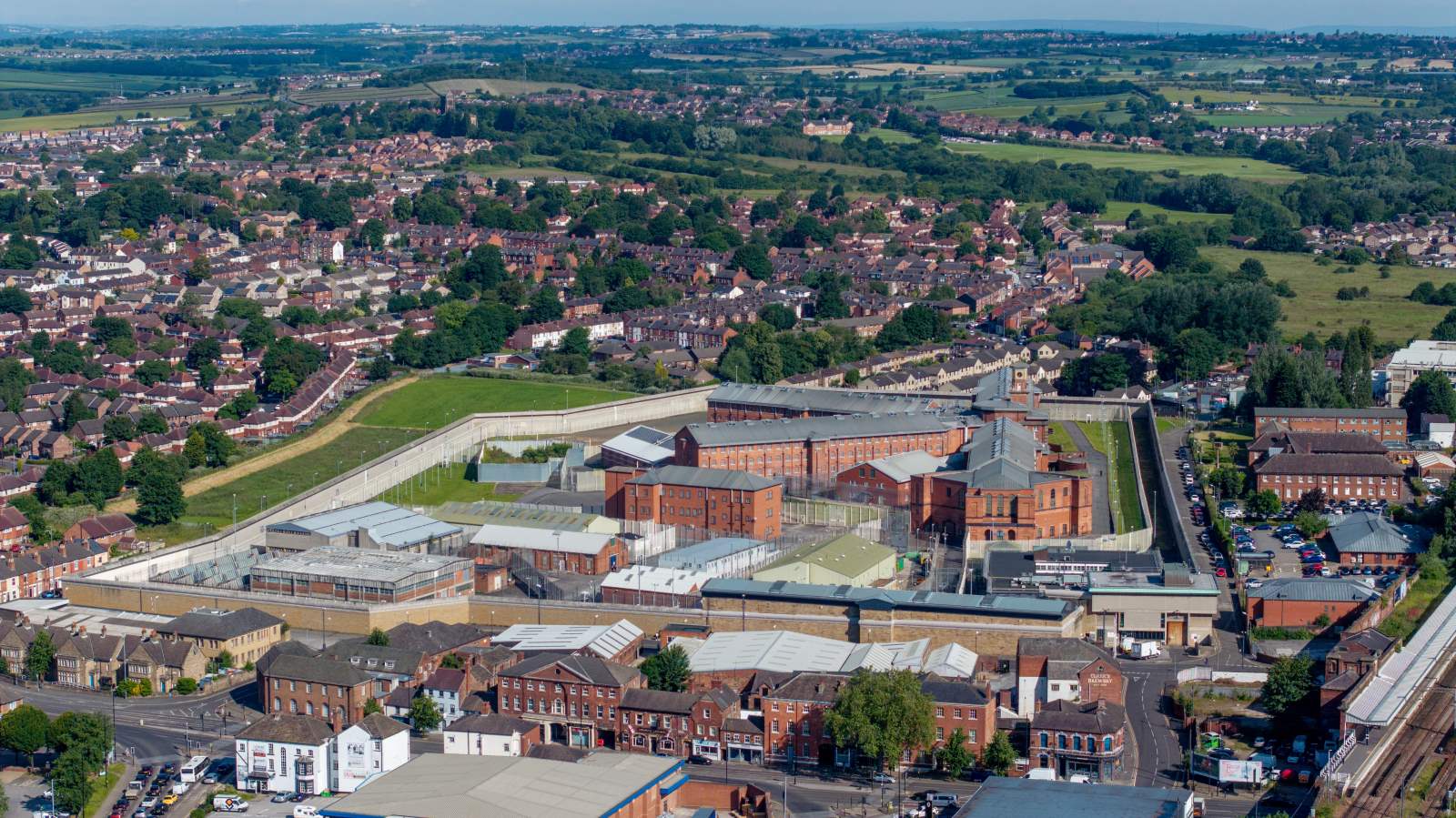
Privatisation of some UK prisons has led to poor conditions and higher reoffending rates. Private operators are more focused on cutting costs than on rehabilitation or safety. Meanwhile, countries like Norway, which have kept prisons state-run, have seen much better results, with lower reoffending rates and safer facilities.
10. Buses: Expensive and Inconsistent

Bus services outside London are privatised, leading to a fragmented system with higher fares and reduced services. The Campaign for Better Transport reports that privatised bus services are now 30% more expensive than in the early 2000s. In contrast, cities like Berlin have publicly owned buses, providing affordable and reliable transport for everyone.
11. Public Land: Sold Off and Gone

The UK’s decision to sell off public land has limited the ability of councils to build new affordable housing or community facilities. Meanwhile, cities like Vienna have maintained control of public land, allowing them to develop large-scale affordable housing projects that benefit the public, not private developers.
12. Hospitals: Cleaning Contracts and Infection Rates
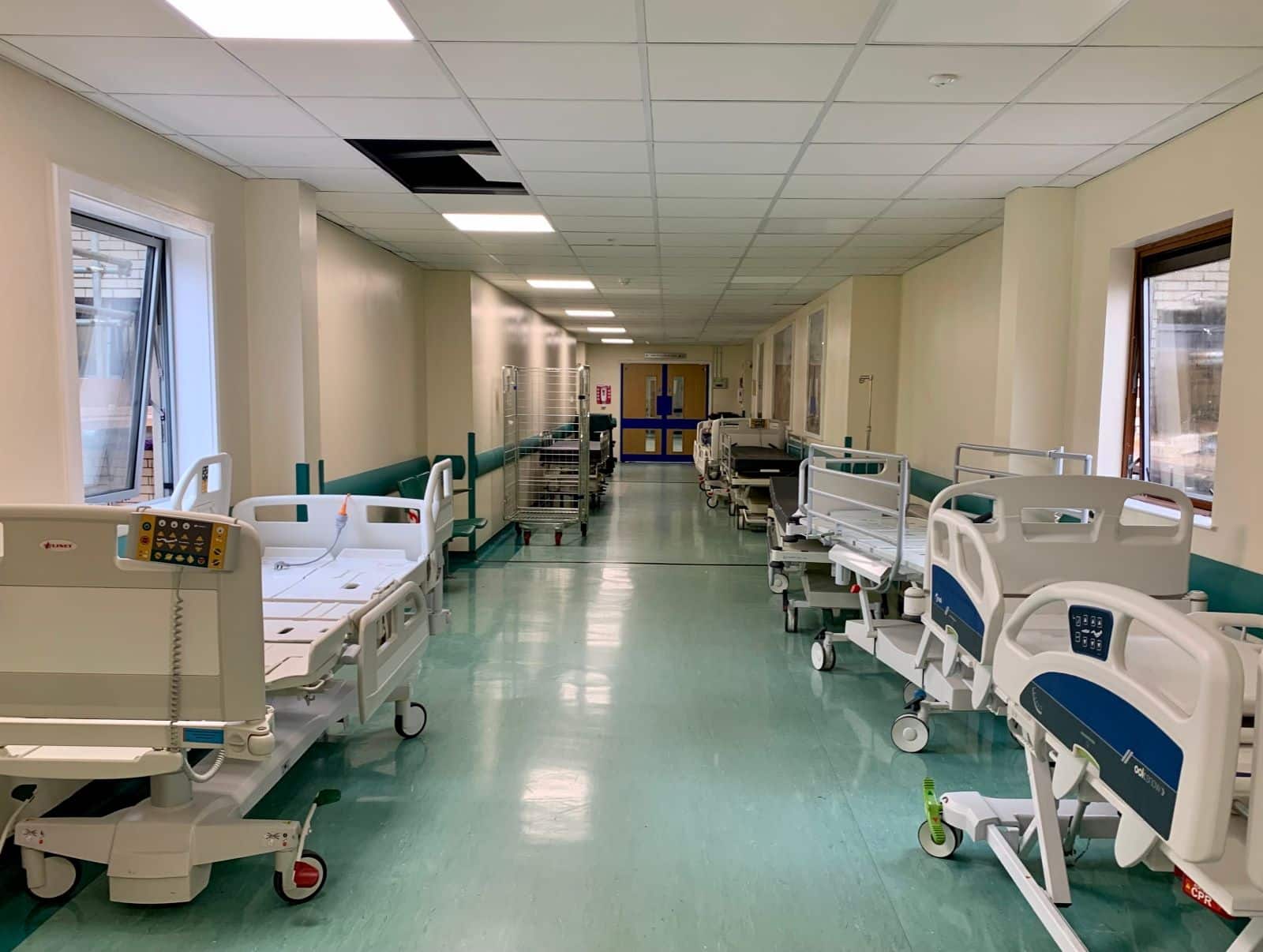
Outsourcing hospital cleaning services has led to higher rates of infections like MRSA. A study by the London School of Hygiene and Tropical Medicine found that hospitals with privatised cleaning had higher infection rates than those that kept cleaning in-house. Cutting costs through outsourcing has come at the expense of patient safety.
13. Nuclear Power: National Security at Risk
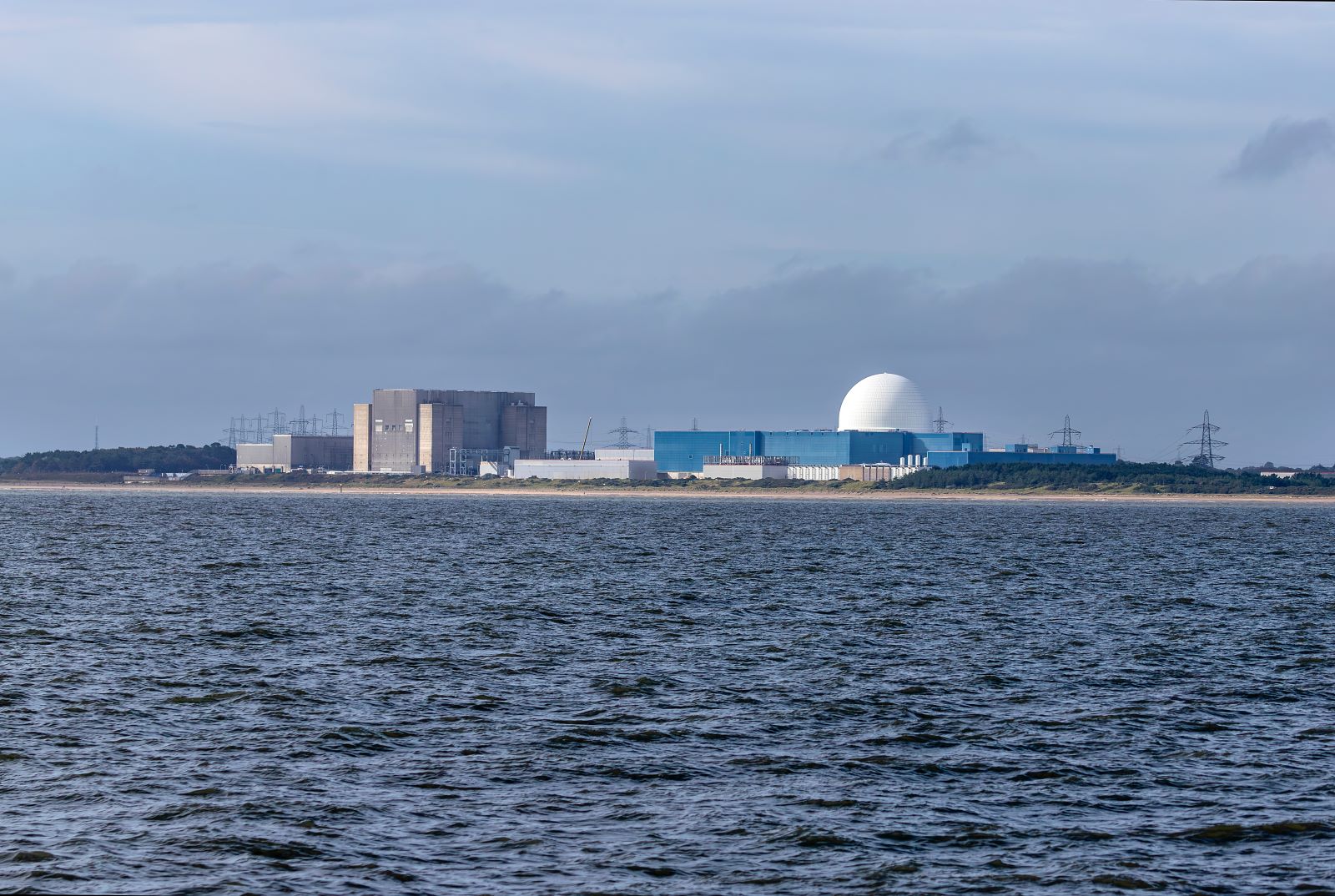
The UK’s decision to allow foreign companies to own and operate nuclear power stations has raised serious concerns about national security. While France keeps its nuclear industry under tight state control, ensuring energy independence, the UK has handed control of critical infrastructure to foreign interests, putting long-term energy security at risk.
14. Roads: Potholes and Poor Maintenance
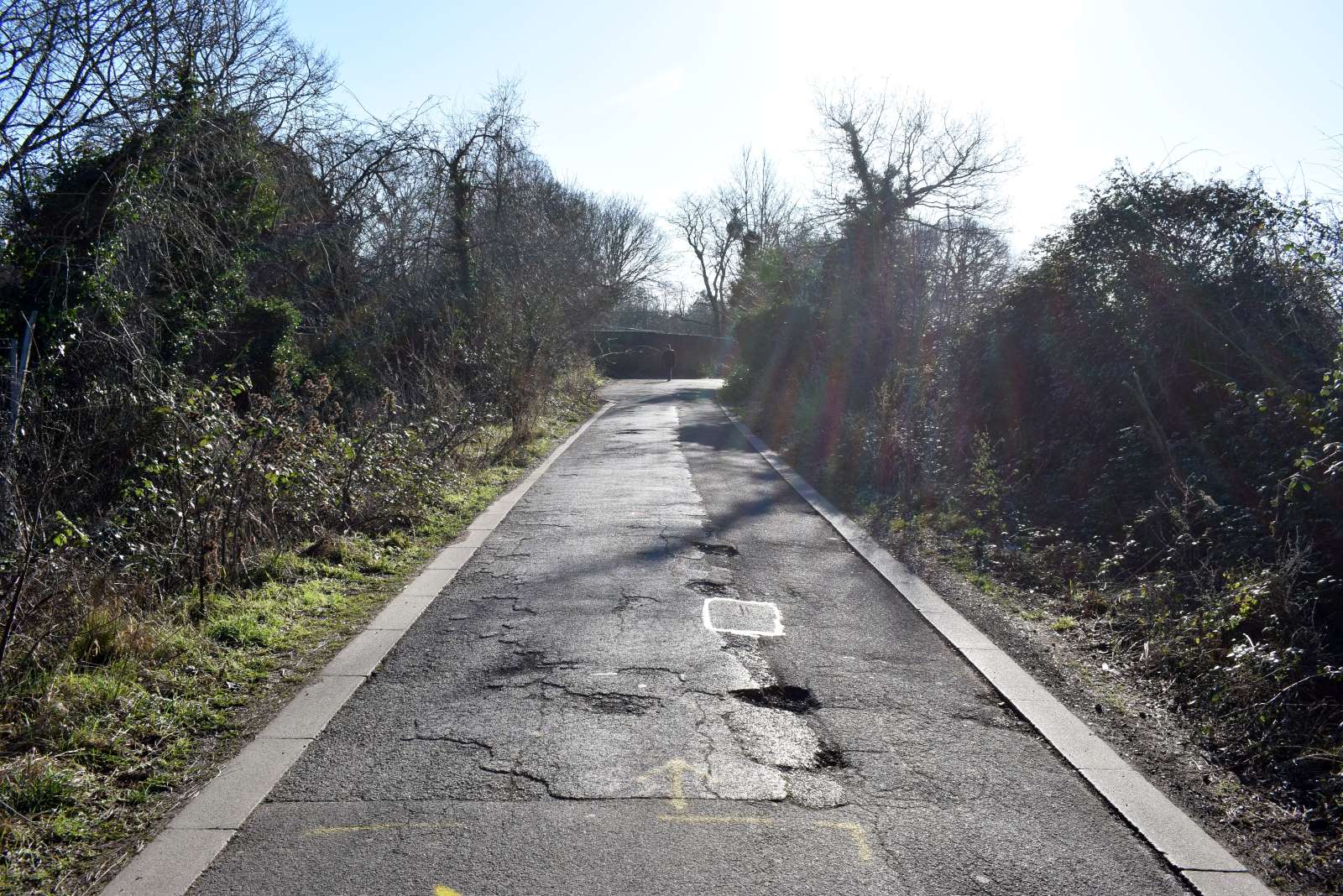
The outsourcing of road maintenance has left UK roads full of potholes and in disrepair. Local councils report that they need an additional £10 billion to fix the damage caused by poorly managed private contracts. Germany, which keeps road maintenance in public hands, has some of the best-maintained roads in Europe.
15. Public Broadcasting: The BBC Under Threat
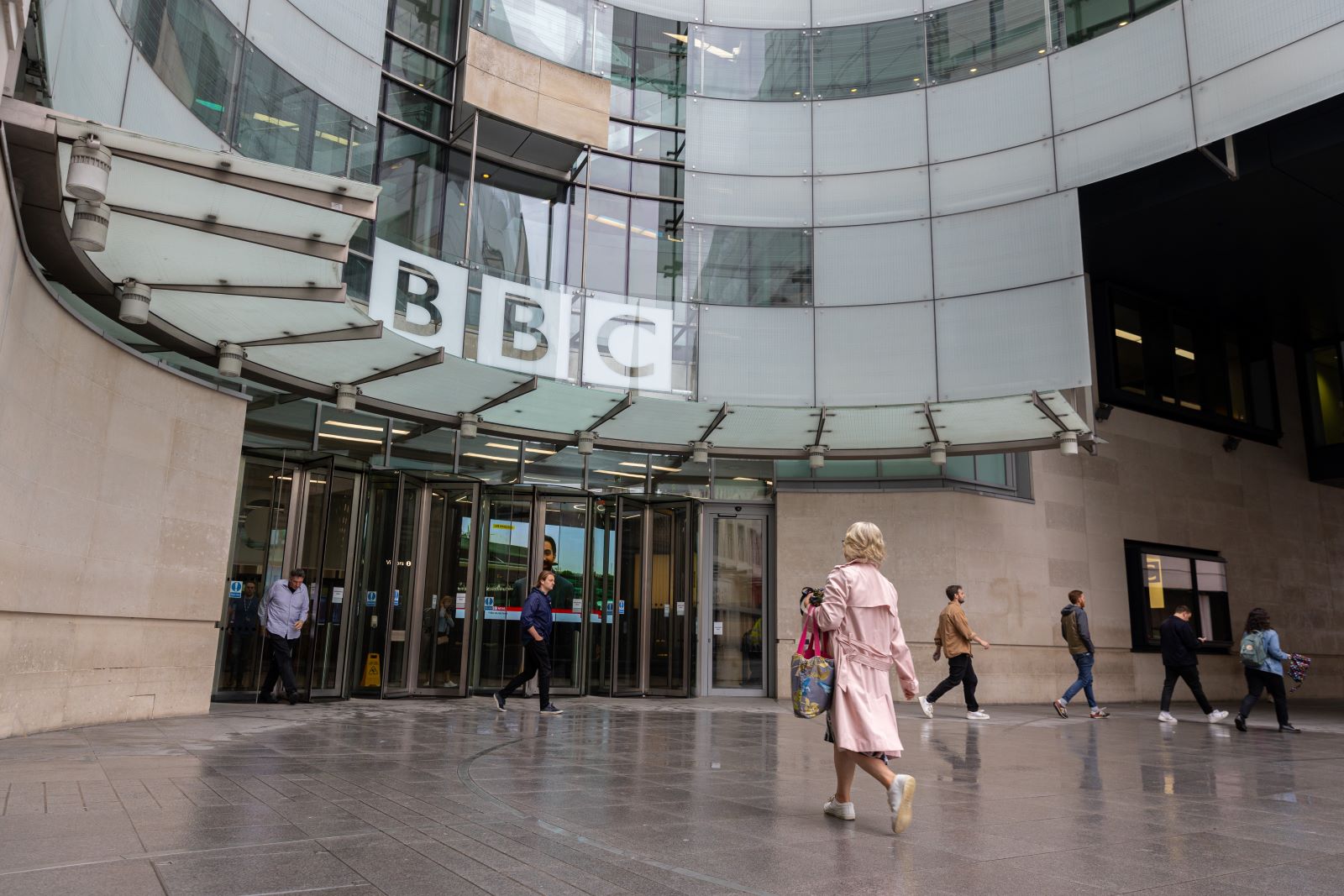
The BBC remains publicly owned but calls for privatisation persist. Public broadcasters in countries like Germany and Japan continue to thrive under state ownership, delivering high-quality, independent content without commercial pressures. Selling off the BBC would undermine its independence and leave the UK without one of its most cherished public institutions.
16. National Grid: Energy Security Sold Off
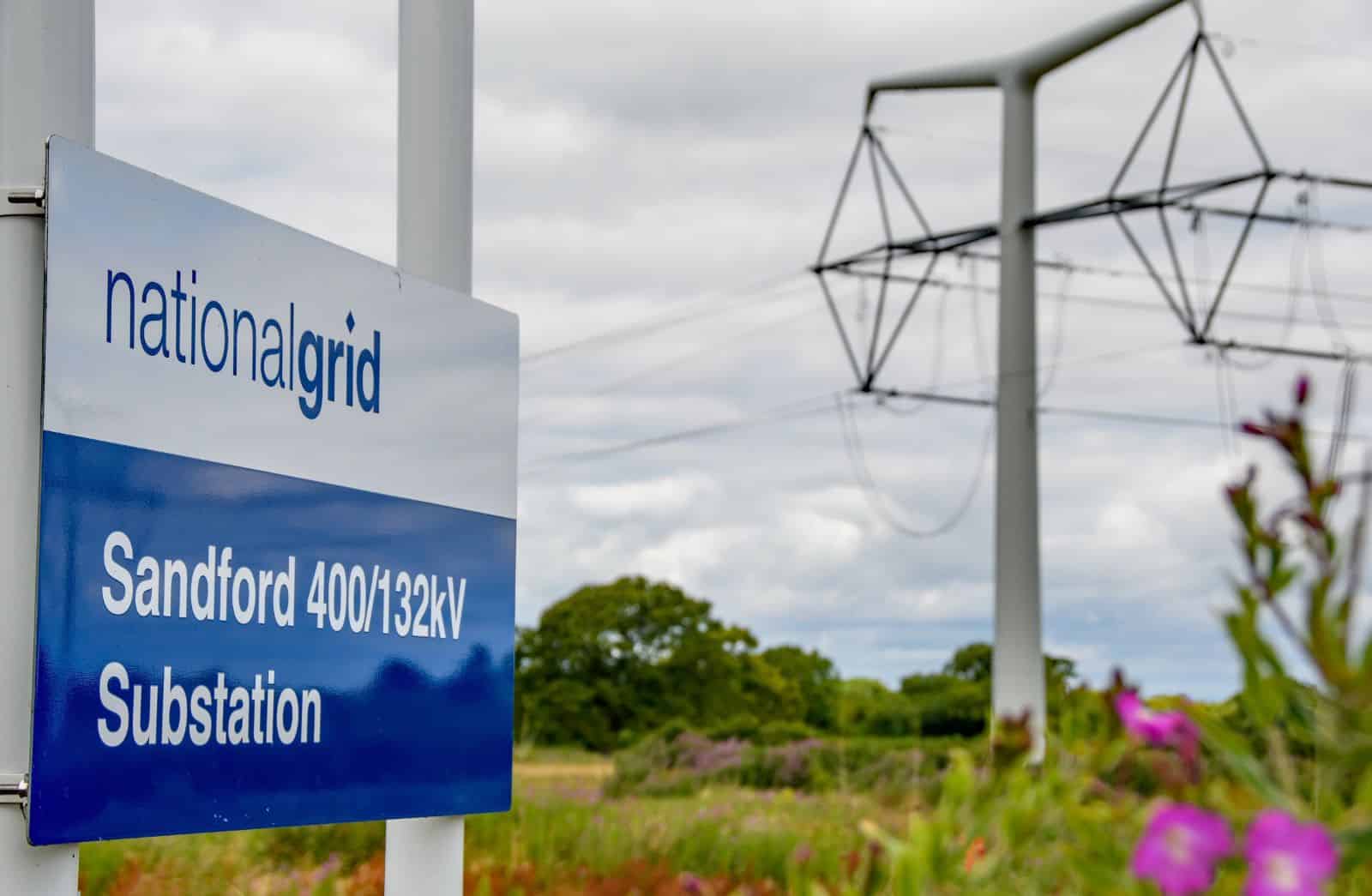
The privatisation of the National Grid has placed critical energy infrastructure in the hands of private investors. France, which has kept its energy grid publicly owned, has been able to manage supply and prices more effectively, particularly during times of crisis. The UK’s decision to sell off such a vital asset has raised concerns about long-term energy security.
17. Car Parks: Profiting from Public Spaces
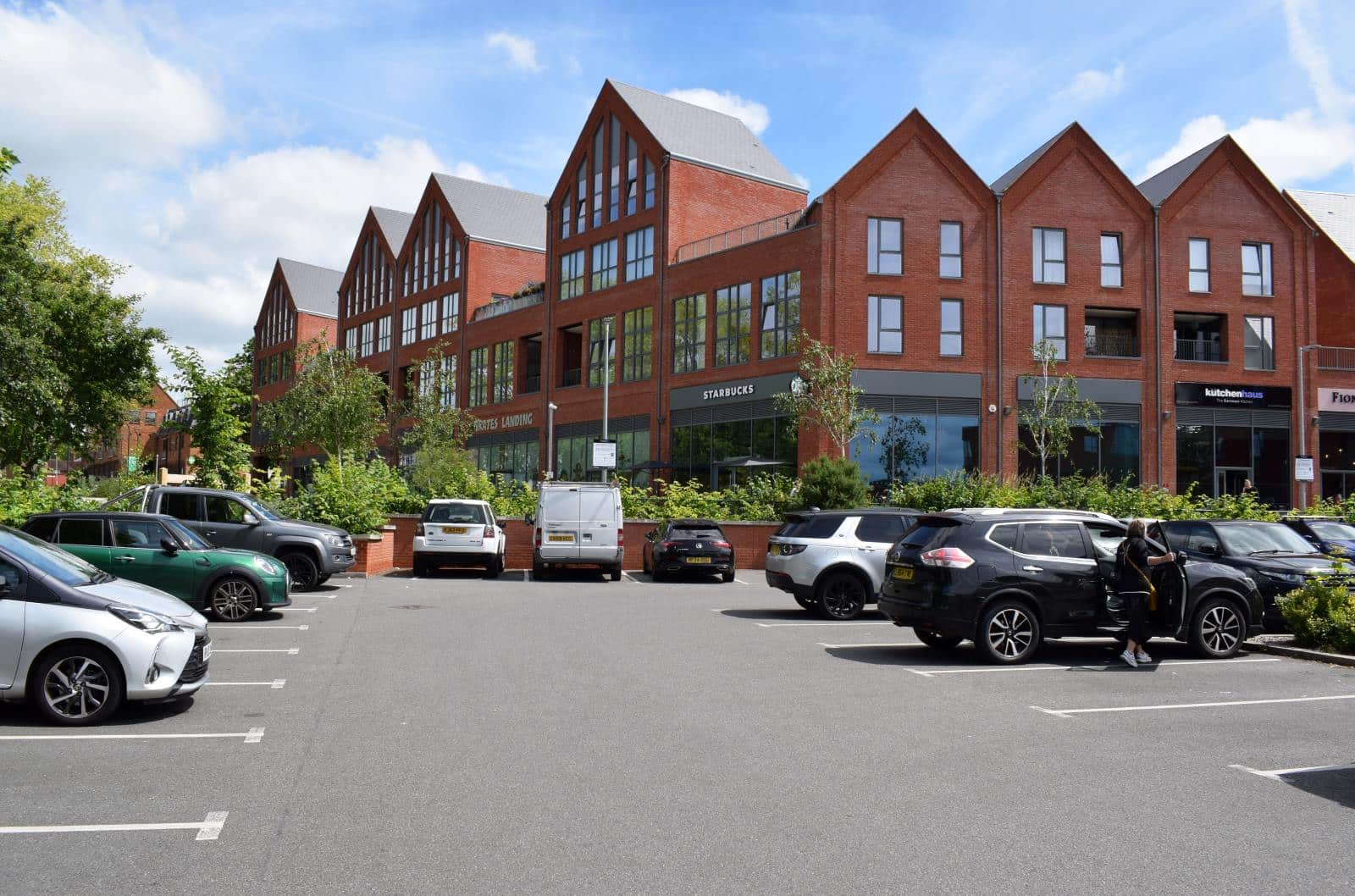
The privatisation of public car parks has led to inflated fees and poor service. Private operators have taken over, prioritising profits over maintenance and accessibility. In contrast, publicly owned car parks in cities like Barcelona offer affordable and well-maintained facilities that benefit the public, not just private companies.
What Did We Really Gain?

With higher costs and poorer services, it’s hard to argue that privatisation has worked for the British public. While other countries have kept control of their essential services, we’ve handed ours over to private companies, prioritising profit over people. How long will we continue down this path before we rethink the sell-off?
Is This the Future We Want?
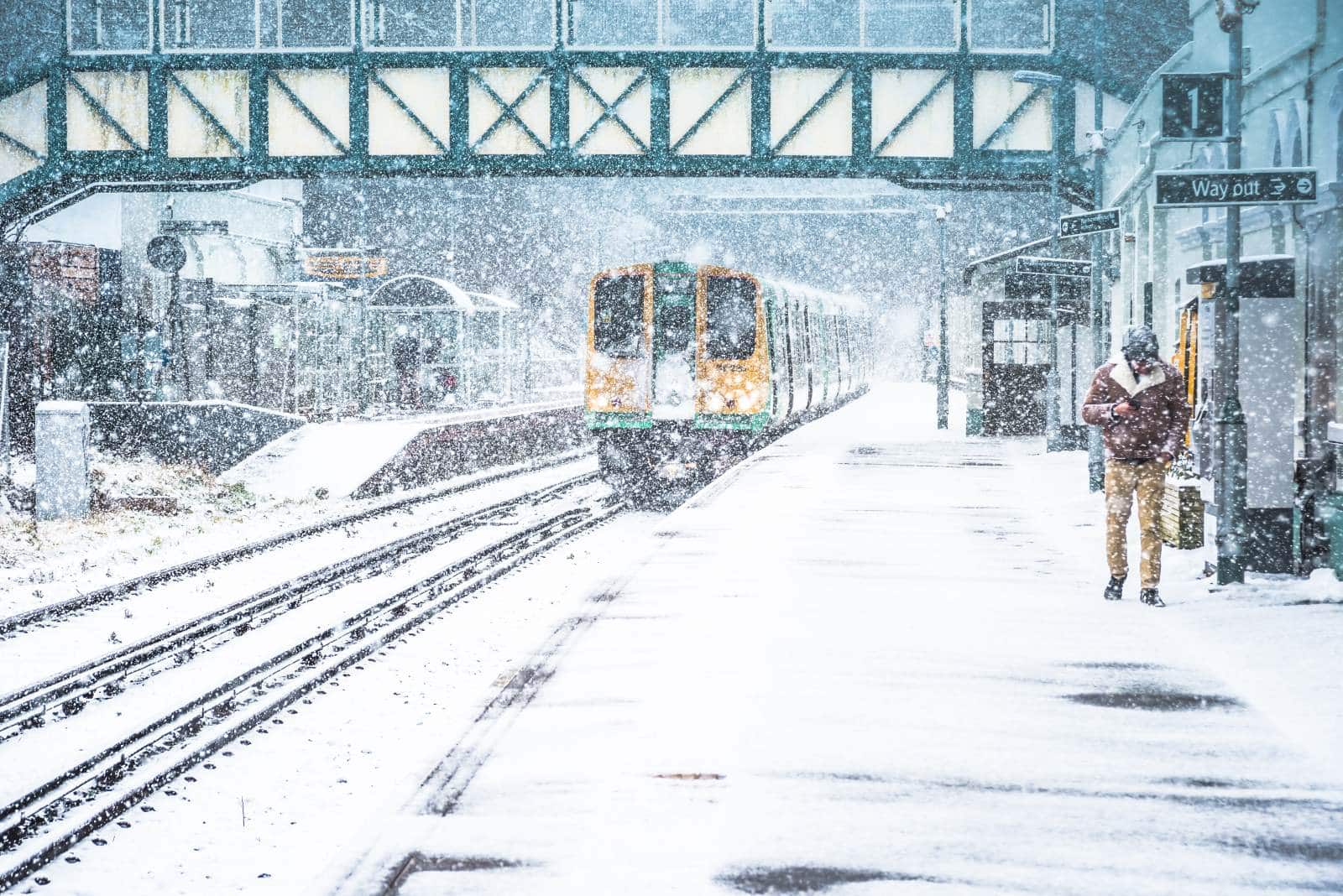
From railways to water, privatisation has led to higher costs, poorer services, and a loss of public control. With the evidence so clear, can we afford to continue selling off our vital assets? Or is it time to rethink the way we manage the services that matter most to the British public?
Featured Image Credit: Shutterstock / Clare Louise Jackson.
For transparency, this content was partly developed with AI assistance and carefully curated by an experienced editor to be informative and ensure accuracy.
The images used are for illustrative purposes only and may not represent the actual people or places mentioned in the article.

